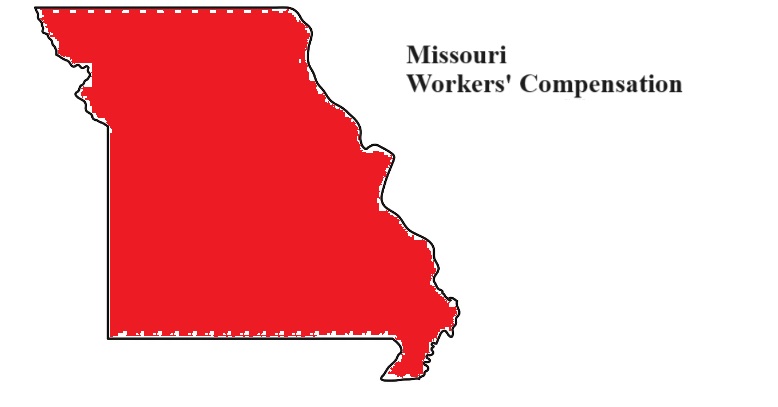What does average weekly wage (AWW) and rate mean in an Illinois workers’ compensation case?
By Steven A. Edelman, Attorney, (314) 631-6777, Ext. 14

Temporary Total Disability(TTD): In an Illinois workers’ compensation case the amount of money that you receive each week while you are off work due to the work injury is calculated based on the injured worker’s average weekly wage and rate. This weekly payment is referred to as temporary total disability (TTD).
Permanent Partial Disability (PPD): Additionally, the amount of money that an injured worker receives in a settlement or an award for the permanent disability that they suffer due to the work injury is calculated based on the injured worker’s average weekly wage (AWW) and rate. This permanent disability is referred to as permanent partial disability (PPD)
If two cases are similar in all other respects but for the AWW and Rate, then the higher the injured workers’ AWW and Rate, the more money their workers’ compensation case is worth, and the lower the AWW and Rate, the lower the value. Therefore, it is very important to correctly calculate average weekly wage and rate.
How to Calculate Average Weekly Wage (AWW):
We first have to calculate AWW to then calculate Rate.
In most cases the AWW is calculated using the average of the injured workers wages for the 52 weeks preceding the work injury. However, there are alternate methods to calculate the average weekly wage (AWW). The law specifically states that AWW is calculated as follows:
“The compensation shall be computed on the basis of the “Average weekly wage” which shall mean the actual earnings of the employee in the employment in which he was working at the time of the injury during the period of 52 weeks ending with the last day of the employee’s last full pay period immediately preceding the date of injury, illness or disablement excluding overtime, and bonus divided by 52; but if the injured employee lost 5 or more calendar days during such period, whether or not in the same week, then the earnings for the remainder of such 52 weeks shall be divided by the number of weeks and parts thereof remaining after the time so lost has been deducted. Where the employment prior to the injury extended over a period of less than 52 weeks, the method of dividing the earnings during that period by the number of weeks and parts thereof during which the employee actually earned wages shall be followed. Where by reason of the shortness of the time during which the employee has been in the employment of his employer or of the casual nature or terms of the employment, it is impractical to compute the average weekly wages as above defined, regard shall be had to the average weekly amount which during the 52 weeks previous to the injury, illness or disablement was being or would have been earned by a person in the same grade employed at the same work for each of such 52 weeks for the same number of hours per week by the same employer.” See Illinois Workers’ Compensation Law (820 ILCS 305/10)
After we calculate AWW, we then have to calculate Rate. The calculation of the rate is different for TTD and PPD.
Temporary Total Disability: The Temporary Total Disability (TTD) Rate is calculated by taking 66 2/3% of the average weekly wage (AWW). The law specifically states: “The compensation rate for temporary total incapacity under this paragraph (b) of this Section shall be equal to 66 2/3% of the employee's average weekly wage . . .” See Illinois Workers’ Compensation Law under (820 ILCS 305/6)
Permanent Partial Disability (PPD): The PPD rate is calculated by taking 60% of the average weekly wage (AWW). The law specifically states: “The compensation rate in all cases of serious and permanent disfigurement under paragraph (c) and of permanent partial disability under subparagraph (2) of paragraph (d) or under paragraph (e) of this Section shall be equal to 60% of the employee's average weekly wage . . .” See Illinois Workers’ Compensation Law under 820 ILCS 305/8
Very often the employer and their workers’ compensation insurer will calculate the injured worker’s AWW and rate incorrectly and pay a much lower rate for TTD and for permanency. It is extremely important to consult a lawyer at the Edelman Law Office to ensure your average weekly wage and rate are correctly calculated.
If you’ve been injured at work, then please immediately contact our law firm, and one of our skilled attorneys will be happy to discuss your rights and benefits under Illinois workers’ compensation law. Call us for a free consultation: 314-631-6777, Ext. 14
Steven A. Edelman, Attorney




